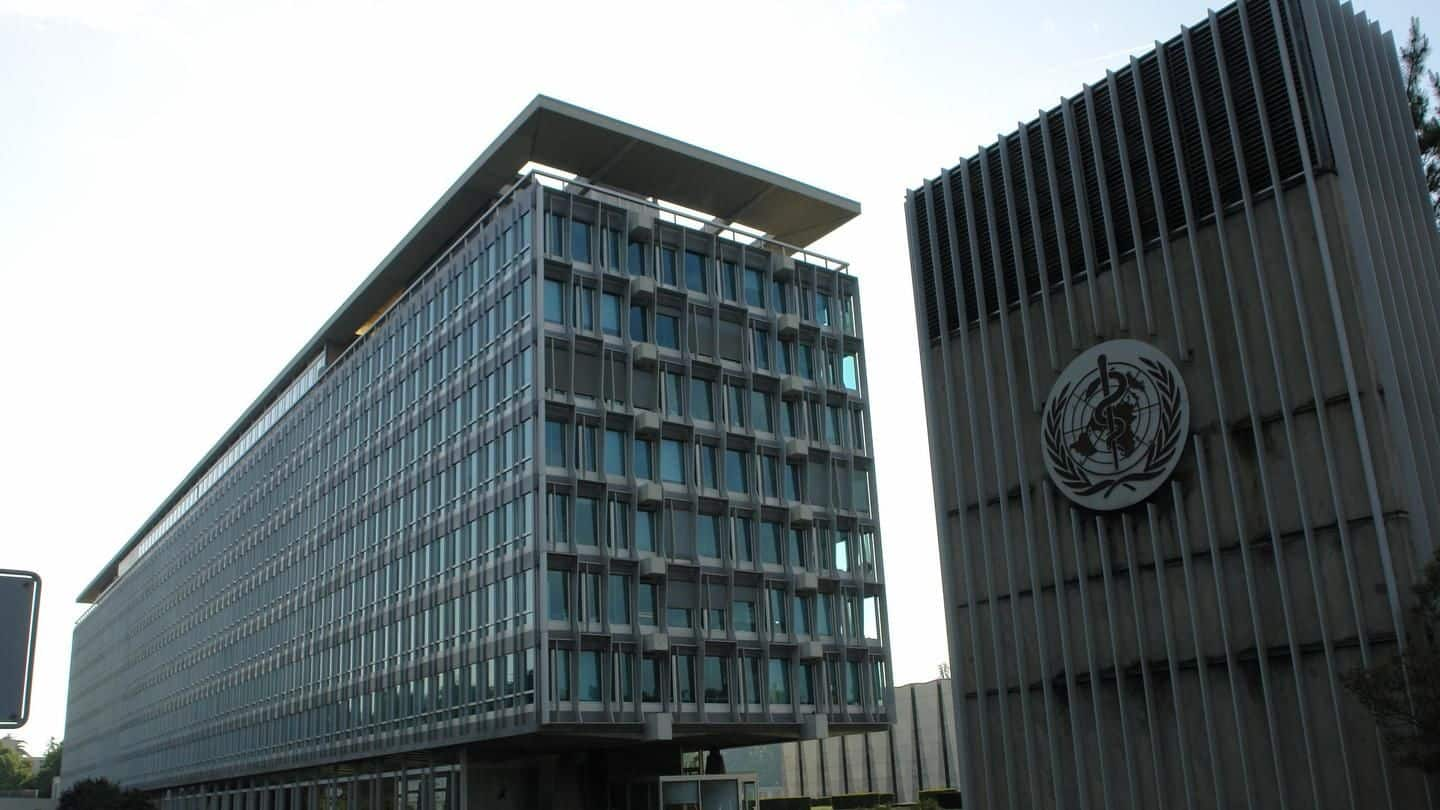
Indians may live 4yrs longer if country meets WHO standards
What's the story
Indians would live for about four years longer on an average if the country meets the WHO's air quality standards, according to a new study.
Noting that ambient air pollution alone may cost India more than $500 billion per year, the study said it is causing hundreds of millions of people in the country to lead shorter and sicker lives.
Here are more details.
Information
What are the WHO quality standards?
Under the World Health Organization quality standards, fine particulate matter (PM2.5) should be 10 g/m3 annual mean and 25 g/m3 24-hour mean, while the coarse particulate matter (PM10) should be 20 g/m3 annual mean and 50 g/m3 24-hour mean.
Recommendations
Researchers have laid out five key evidence-based policy recommendations
To help improve India's air quality, researchers from the University of Chicago and Harvard Kennedy School laid out five key evidence-based policy recommendations in "A Roadmap Towards Cleaning India's Air" report, the Energy Policy Institute at the University of Chicago said.
Over 660 million Indians live in areas that exceed the country's standard for what is considered safe exposure to PM2.5, the study said.
PM2.5 concentrations
13% reduction in PM2.5 concentrations during January, says study
"Analysis found evidence of a 13% reduction in PM2.5 concentrations during the January round. The effect was particularly large between 11 am and 2 pm, perhaps due to a reduction in traffic during the morning peak hours," the study said.
In contrast, the study found no evidence of an effect during April. This may have been due to greater dispersion caused by warmer temperatures.
Information
A slew of measures recommended by researchers to overcome issue
The study recommended improving emissions monitoring by better aligning incentives of auditors, providing regulators with real-time data on polluters' emissions, applying monetary charges for excess emissions, providing the public with information about polluters, and using markets to reduce costs and pollution.